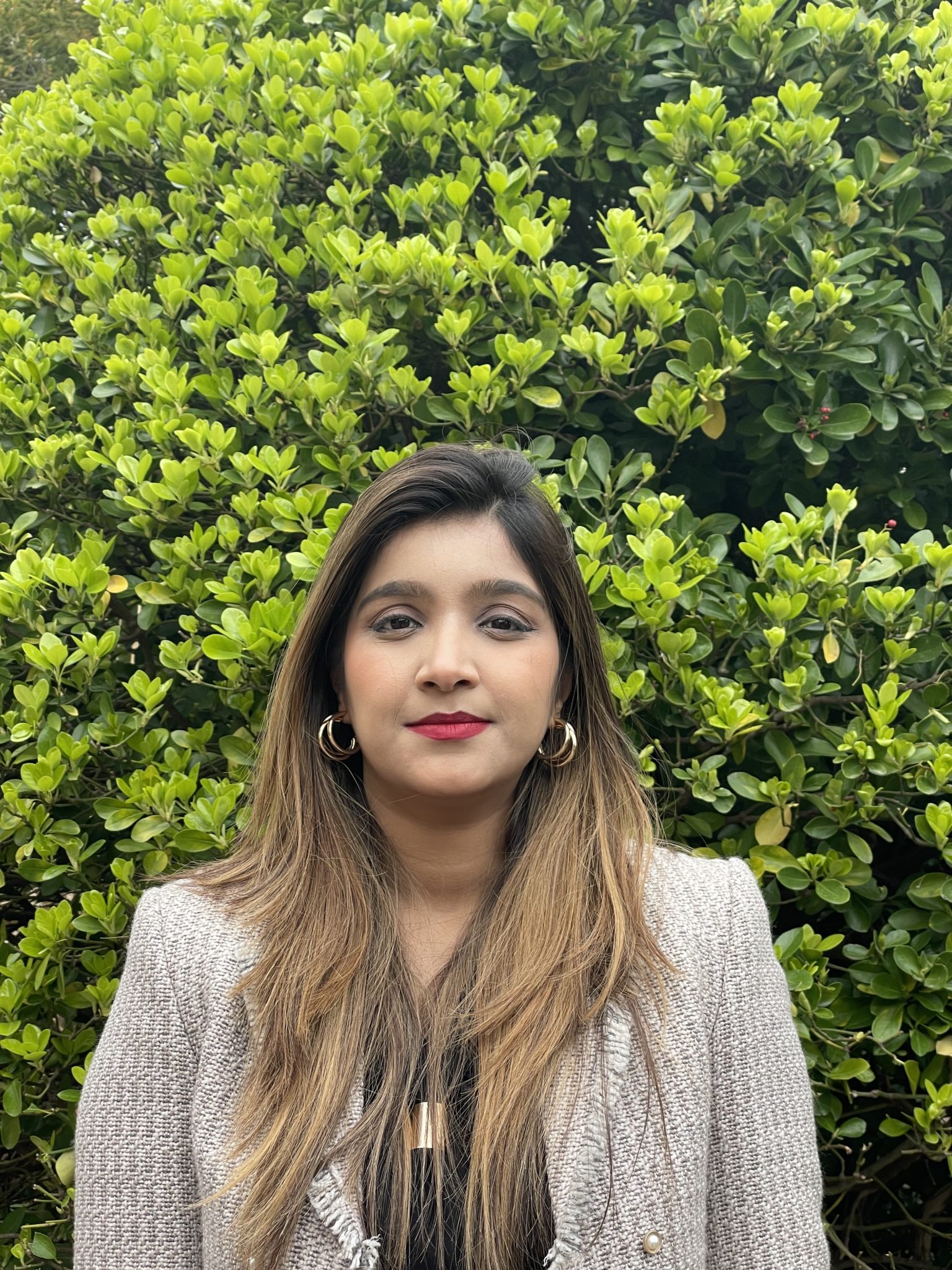ESR project 4
Learning to grasp objects with a hand-worn sensory substitution device
Host Institution: Universidad Autónoma de Madrid
Department that hosts the PhD: Facultad de Psicología
Supervisors involved: Dr. Jacobs, Dr. Bongers
Project description
This project focuses on the grasping of objects by blind and blindfolded participants with a vibrotactile sensory substitution device incorporated in a glove. The goal of the project is (a) to reveal which type of vibrotactile information and variability therein is most beneficial as an aid in the learning of the grasping action and (b) to show how variability in joint-angle configurations modifies the relation between vibrotactile information and learning. The research extends previous research with sensory substitution systems on the abdomen, chest and legs, to sensory substitution devices on the hand. Sensory substitution devices on the hand have arguably received less attention of the scientific and rehabilitation communities. The research on sensory substitution is combined with a focus on variability in the conditions of practice, which has been shown to have beneficial effects on learning. Grasping objects is a highly relevant task for the patient population that is addressed in this project (the blind). The task is scientifically interesting because it characterizes the need to study the role of active exploration in learning better than any other task that can be found in the scientific literature on sensory substitution. In the experiments, participants wear a glove with vibrotactile actuators on the fingers that each vibrate with an intensity that is a function of the distance to the nearest object in the pointing direction of the respective fingers: the closer the object, the more intense the vibration. Participants practice the grasping of common objects in different situations. Different functions that relate the object distances to vibration patterns will be explored as well as the interaction of these different types of vibrotactile information with different joint-angle configurations. Initial experiments will be performed with blindfolded participants. The most successful configurations of the device will be tested with blind individuals.

About ESR4-Saroosh Bilal
I come from the the amazingly colourful city of Lahore in Pakistan. I completed my BSc in Orthotics and Prosthetics in 2016 from King Edward Medical University, Lahore. During my final year of graduation, I used to find patients struggling with devices used in rehabilitation clinics which always made me think that we need smart and intelligent devices. This interest in exploring the research area of Rehabilitation Engineering took me to the National University of Science and Technology (NUST) where I did my MSc in Biomedical Science. My MSc thesis was about designing a sensory feedback system for transfemoral amputees based on the center of pressure. After my studies, I worked as Biomedical Product Manager for an Italy-based biomedical brand.
My motivation for a PhD is the aspiration to discover and learn more in the field of rehabilitation and movement science.
Apart from research, I have an interest in travelling, reading, mindfulness, listening to music, cooking and sometimes painting.